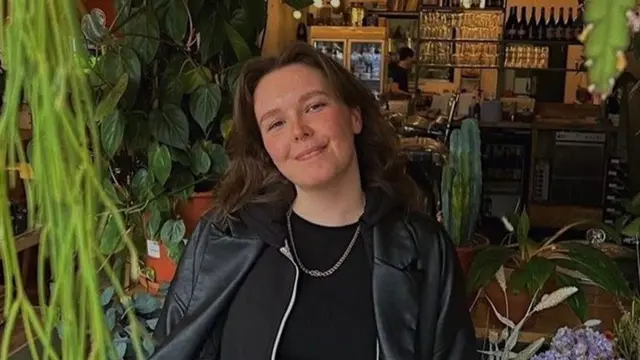That's it from us for todaypublished at 16:38 BST 11 May 2023
We're now closing our live coverage of the Bank of England's interest rates rise.
The page was edited by Alexandra Fouché and Paul Gribben.
You can read our full story here.
If you want to know how the rates rise will affect you personally, you can read our explainer here.
And you can try out our inflation calculator here to see how prices are changing.






